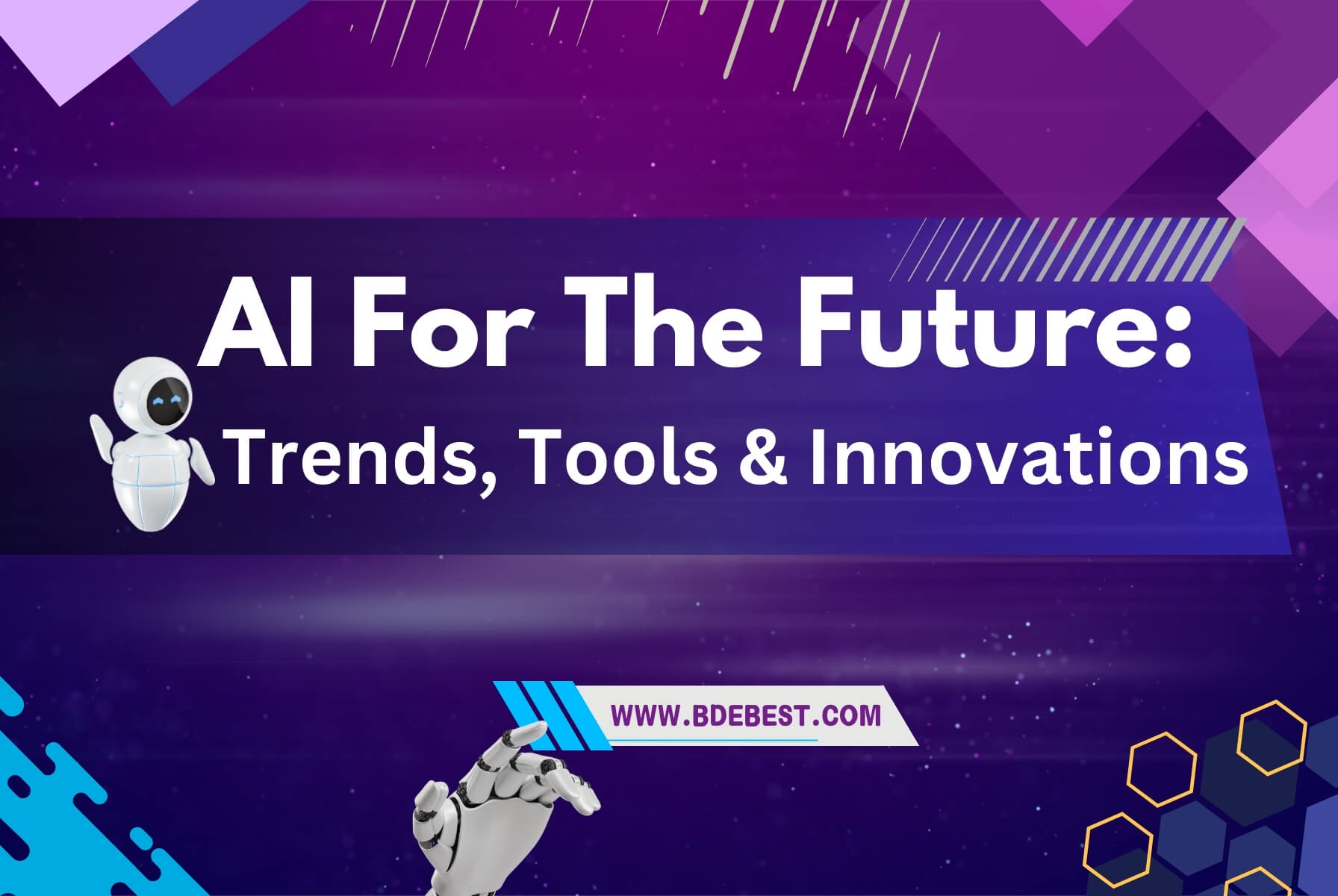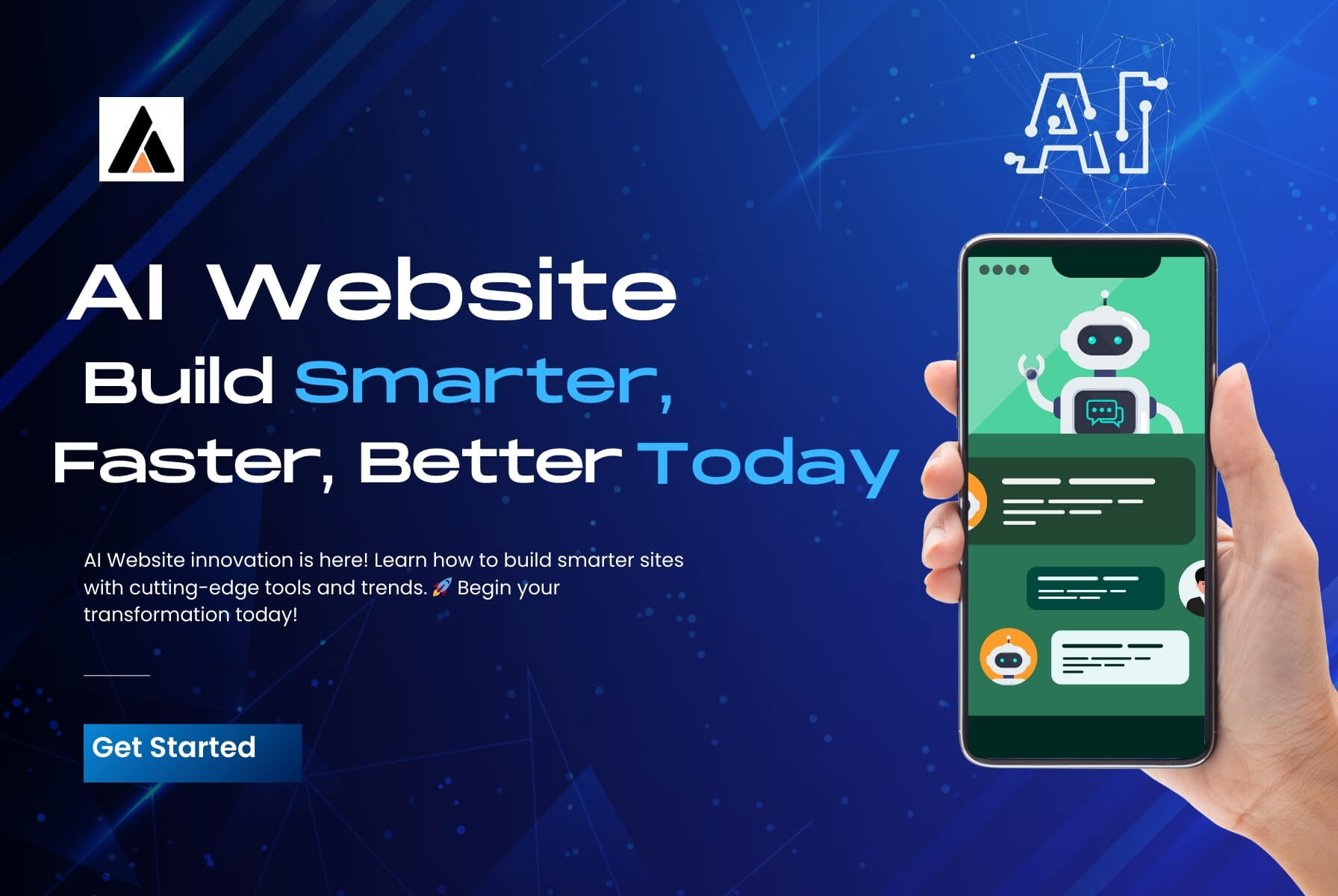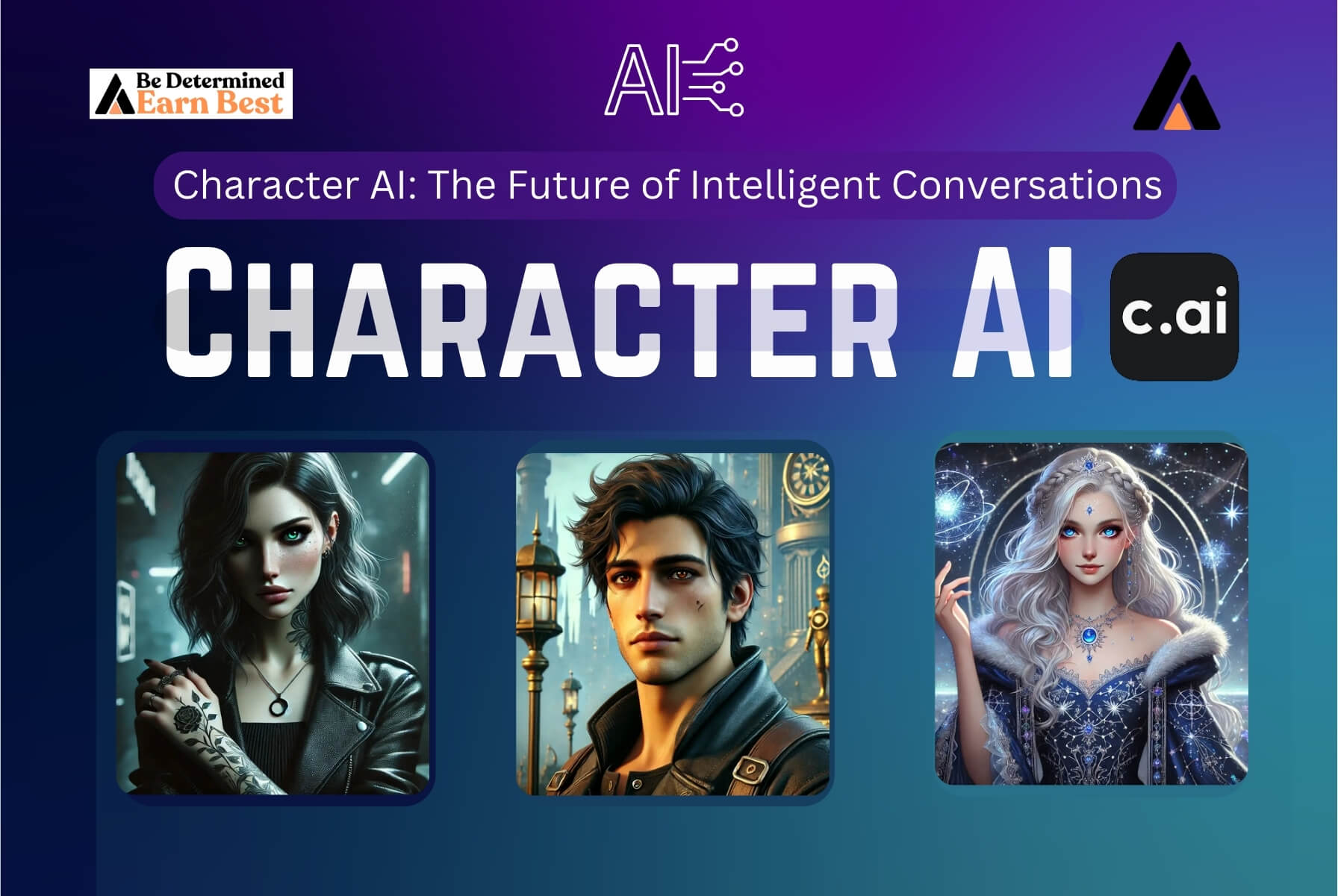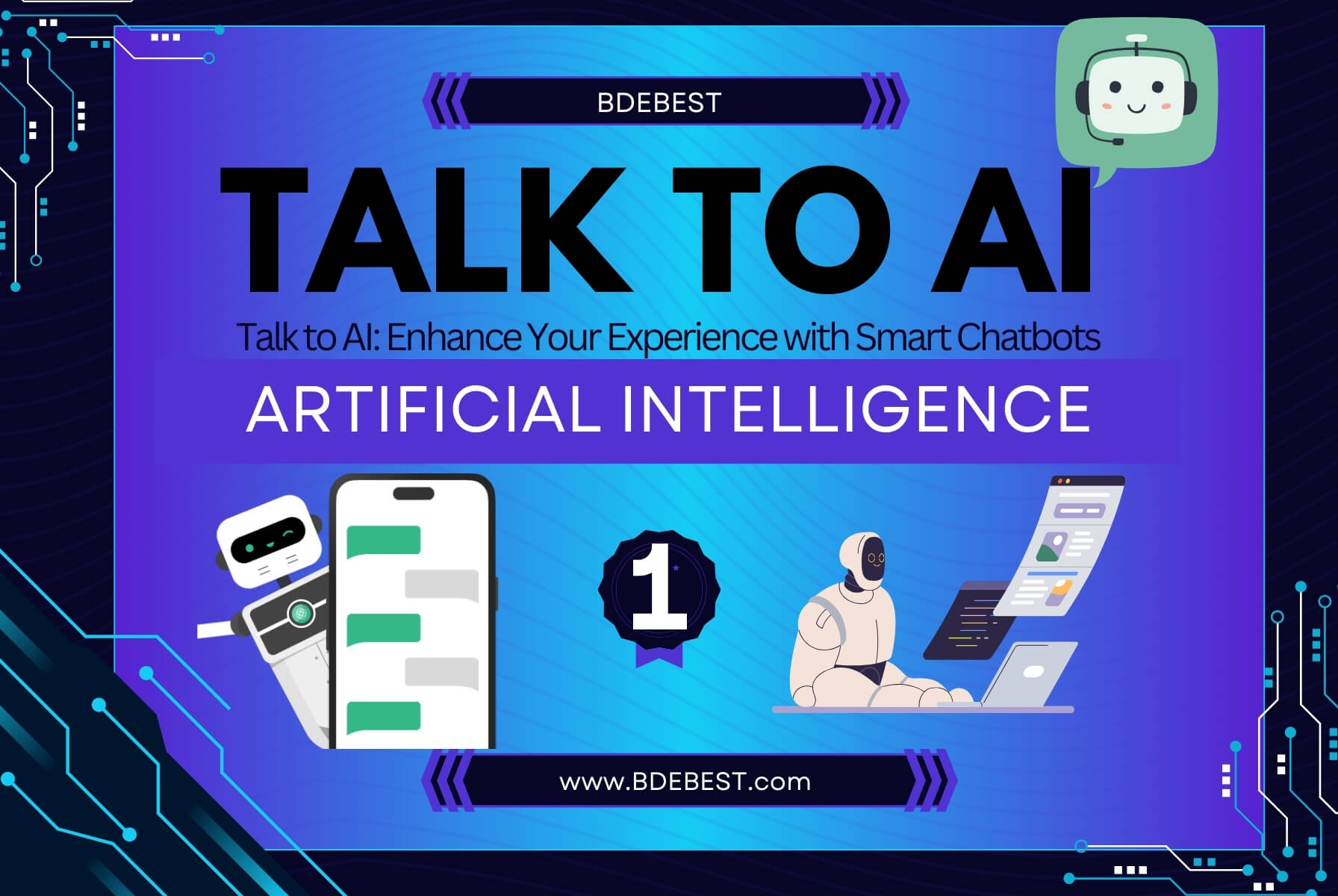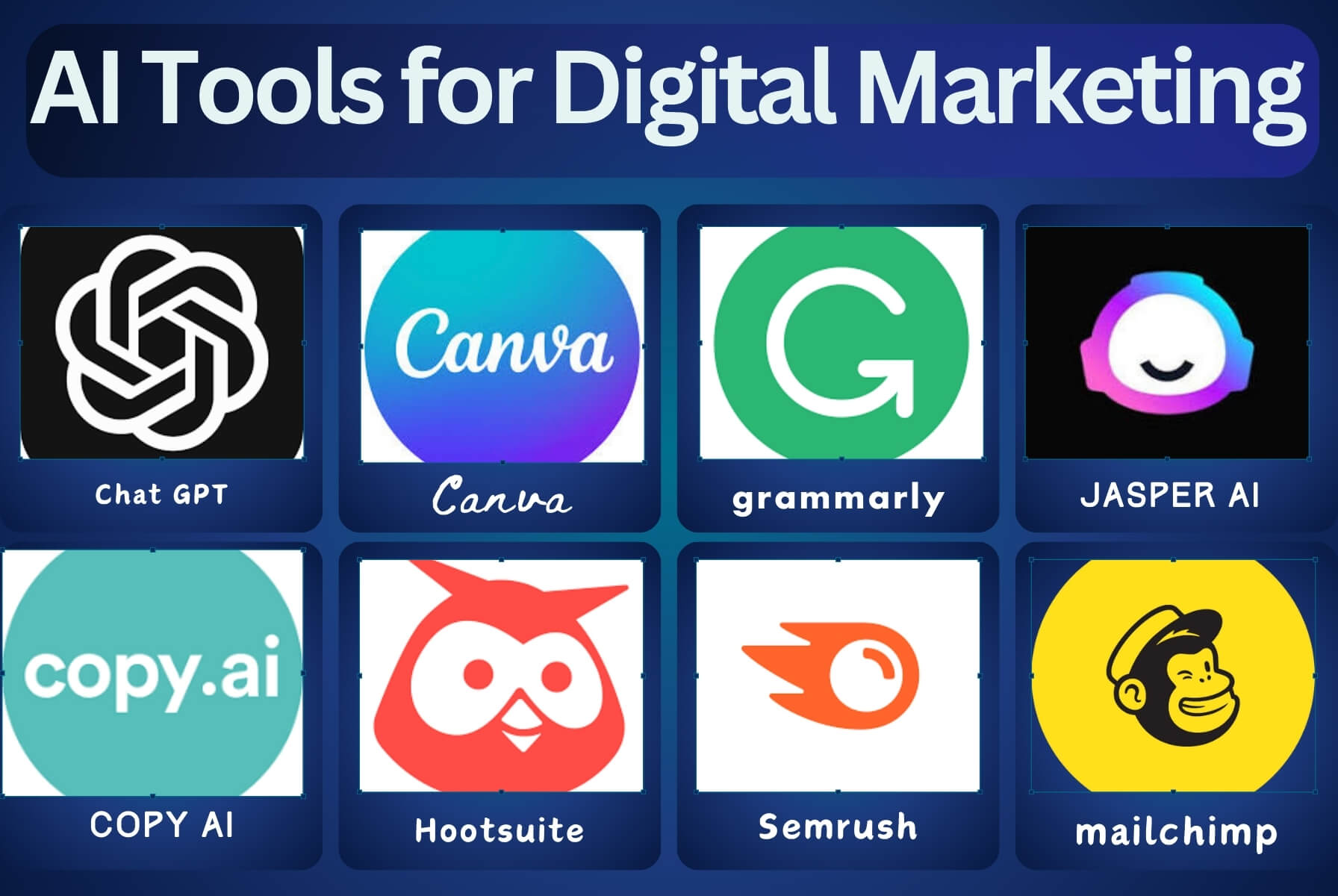Artificial Intelligence (AI) is transforming how the world interacts with technology, and Microsoft AI is at the forefront of this revolution. From enhancing search capabilities to driving innovation in cloud computing, Microsoft has positioned itself as a leader in the AI landscape. In this article, we’ll explore Microsoft’s journey into AI, its key milestones, and the impact of its cutting-edge technologies like Bing AI, Copilot Microsoft, and Microsoft Azure AI.
Microsoft AI: A Brief History and Key Milestones
1. The Origins of Microsoft AI
Microsoft’s journey into artificial intelligence began decades ago, rooted in its mission to empower every person and organization on the planet to achieve more. Early investments in machine learning and natural language processing laid the foundation for what would become a robust AI ecosystem.
- Key Early Projects:
- Development of virtual assistants and predictive analytics tools.
- Research collaborations with top universities and AI institutes.
- OpenAI Partnership:
Microsoft’s collaboration with OpenAI in 2019 was a game-changer, leading to innovations like Bing Chat GPT and the integration of AI into its productivity suite. This partnership gave Microsoft access to OpenAI’s cutting-edge models, fueling breakthroughs across its product lines.
2. Landmark Achievements in Microsoft AI
Microsoft AI has achieved significant milestones that have redefined the tech industry. These accomplishments include advancements in natural language processing, image recognition, and conversational AI.
- Launch of Bing AI:
Microsoft reimagined its search engine by integrating AI into Bing, creating a smarter and more intuitive search experience. Features like Bing Chat and Bing AI Chat leverage GPT models to provide accurate and context-aware responses to user queries. - Introduction of Copilot Microsoft:
This feature revolutionized productivity by integrating AI into Microsoft 365 tools, enabling users to create, analyze, and communicate more effectively. - Recognition and Awards:
- Microsoft has received accolades for its work in AI ethics, ensuring that its AI models are transparent and equitable.
- AI-driven projects in healthcare and sustainability have been recognized for their societal impact.
3. Microsoft AI’s Current Landscape
Today, Microsoft AI spans a wide range of services and applications, making it one of the most comprehensive AI ecosystems available.
AI-Powered Tools and Services
- Microsoft Azure AI:
Azure AI is the backbone of Microsoft’s AI initiatives, providing tools for developers to build intelligent applications. It supports a variety of use cases, from predictive analytics to real-time language translation. - Microsoft Bing AI:
Bing AI enhances search accuracy and user experience with features like Bing OpenAI and personalized recommendations.- Example: Bing AI can help users find tailored travel recommendations or provide immediate answers to complex queries.
- Bing Chat and Bing Chat GPT:
These tools enable conversational AI interactions, offering users a natural and engaging way to interact with technology.
AI in Everyday Products
- Copilot Microsoft:
This AI assistant is seamlessly integrated into Word, Excel, and PowerPoint, enabling users to automate repetitive tasks and focus on creative work. - Edge Computing with AI:
Microsoft is pushing boundaries by integrating AI into IoT devices and edge computing, allowing businesses to deploy AI solutions closer to their data sources.
The Impact of Microsoft AI
Microsoft AI is not just about innovation; it’s about solving real-world problems. Whether improving productivity with Copilot, offering smarter search experiences with Bing AI, or driving business growth with Azure AI, Microsoft continues to shape the future of technology.
By staying true to its values of ethical AI development and accessibility, Microsoft AI is set to remain a leader in the rapidly evolving AI landscape.
Bing AI: Transforming Search with Intelligence
1. What is Bing AI?
Bing AI is Microsoft’s innovative search engine powered by artificial intelligence. It’s designed to provide smarter, faster, and more personalized search results by leveraging machine learning and data analysis.
How Bing AI Enhances Search Accuracy
- Natural Language Processing: Understands user queries more intuitively.
- Personalized Recommendations: Tailors results based on user preferences and behavior.
- Real-Time Updates: Offers timely information on trending topics or breaking news.
Microsoft Bing AI stands out by making search not just a tool for information retrieval but an intelligent assistant for users worldwide.
2. Bing Chat: Conversational AI at Your Fingertips
Bing Chat brings conversational AI to the forefront, enabling users to interact with Bing in a natural, human-like manner.
Features and Capabilities
- Conversational Responses: Unlike traditional search engines, Bing Chat provides detailed answers and explanations in a conversational format.
- Powered by GPT Technology: Using advancements like Bing Chat GPT, Microsoft delivers context-aware and meaningful responses.
- Integration with Other Tools: Bing Chat integrates seamlessly with Microsoft services, enabling smoother workflows.
Whether you’re researching a topic or planning a vacation, Bing AI Chat ensures a more interactive and intuitive experience.
3. Real-Life Applications of Bing AI
Bing AI goes beyond search to improve productivity and enhance daily activities.
Key Use Cases
- Educational Assistance: Students and professionals use Bing AI for detailed explanations, tutorials, and academic research.
- Business Insights: Companies leverage Bing AI for market research and competitive analysis.
- Everyday Queries: From finding recipes to tracking weather updates, Bing AI simplifies routine tasks.
By integrating AI with everyday needs, Microsoft Bing AI ensures that users not only save time but also gain deeper insights.
Microsoft Azure AI: Empowering Businesses and Developers
1. Introduction to Microsoft Azure AI
Microsoft Azure AI is a suite of AI services and tools designed to help businesses and developers create intelligent solutions. Built on the robust Azure cloud platform, it provides everything from machine learning capabilities to cognitive APIs.
Role in Cloud Computing
Azure AI integrates AI into cloud operations, enabling businesses to:
- Analyze massive datasets in real-time.
- Automate processes for better efficiency.
- Develop scalable AI applications without significant upfront investments.
2. Applications Across Industries
Azure AI is driving transformation across diverse sectors, helping organizations achieve unprecedented levels of innovation.
Key Use Cases
- Healthcare:
- AI-driven diagnostics and patient monitoring.
- Improved drug discovery processes.
- Finance:
- Fraud detection and risk management.
- Personalized financial planning tools.
- Education:
- Enhanced learning experiences through personalized content.
- Administrative automation to reduce operational burden.
Benefits for All Businesses
Whether it’s a small business or an enterprise, Azure AI provides:
- Cost-effective AI solutions.
- Easy scalability to meet business growth.
- Seamless integration with existing systems like Copilot Microsoft.
3. Developer-Friendly Tools and Features
Azure AI offers a robust toolkit for developers to create custom AI applications.
Core Features
- Custom Models: Build and train AI models specific to business needs.
- Machine Learning Tools: Simplify the development process with Azure Machine Learning.
- Cognitive APIs: Enable applications to recognize speech, analyze images, and understand natural language.
Seamless Integration
Azure AI easily integrates with other Microsoft products, including Copilot Microsoft, enabling businesses to automate workflows and enhance productivity.
The Microsoft AI Advantage
From Bing OpenAI powering search innovations to Microsoft Azure AI revolutionizing industries, Microsoft AI demonstrates how technology can empower individuals and organizations alike. By combining cutting-edge technology with user-centric solutions, Microsoft is paving the way for a smarter, more connected world.
Copilot Microsoft: AI-Driven Productivity
1. What is Copilot Microsoft?

Copilot Microsoft is a transformative feature integrated into Microsoft 365 applications like Word, Excel, and Teams. Powered by Microsoft AI, Copilot combines the power of natural language processing and automation to streamline workflows and boost efficiency.
How Copilot Works
- Intelligent Suggestions: Copilot provides contextual recommendations based on your work habits.
- Task Automation: From data analysis in Excel to drafting emails in Outlook, Copilot reduces repetitive tasks.
- AI-Powered Assistance: Leverages the same advanced models used in Bing AI and Bing Chat GPT for smarter responses and insights.
With Copilot Microsoft, users can focus more on creativity and problem-solving, leaving mundane tasks to AI.
2. Boosting Workplace Productivity with AI
Copilot Applications in Microsoft 365
- Excel: Automates data entry, analyzes trends, and generates reports in seconds.
- Word: Assists in drafting documents with clear, concise suggestions for edits.
- Teams: Enhances collaboration with real-time transcription, task summarization, and actionable insights.
Case Studies of Success
- A Financial Firm: Reduced report generation time by 50% using Copilot in Excel.
- A Marketing Agency: Improved content turnaround by 30% with Copilot’s writing suggestions in Word.
- A Tech Startup: Enhanced team communication and task tracking using Copilot in Teams.
By integrating AI tools like Copilot Microsoft with its broader ecosystem, including Microsoft Azure AI, Microsoft is empowering businesses to achieve more with less effort.
Ethical AI: Microsoft’s Commitment to Responsible Development
1. Microsoft’s Principles for Ethical AI
As a global leader in AI, Microsoft places ethics at the core of its AI initiatives. The company is dedicated to ensuring that Microsoft AI is fair, inclusive, and transparent.
Core Values
- Transparency: Providing clear explanations for how AI models like Bing OpenAI and Copilot make decisions.
- Fairness: Actively addressing biases in AI systems to ensure equitable outcomes for all users.
- Inclusivity: Designing AI tools that cater to diverse user needs and backgrounds.
- Accountability: Implementing checks and balances to prevent misuse of AI technology.
These principles guide Microsoft’s efforts to create AI tools that are both innovative and trustworthy.
2. AI for Accessibility and Global Impact
Microsoft is committed to using AI to make a positive impact on society.
Accessibility Initiatives
- AI-powered tools for people with disabilities, such as real-time transcription and text-to-speech features.
- Collaborations with non-profits to bring Microsoft AI to underserved communities.
Sustainability Projects
- Leveraging Microsoft Azure AI for environmental monitoring and carbon reduction.
- AI-driven solutions for smarter energy management in businesses and homes.
By focusing on accessibility and sustainability, Microsoft ensures its AI technologies benefit a broad range of users while protecting the planet.
3. How Microsoft Addresses AI Concerns
Tackling Biases in AI
Microsoft continuously tests and refines its AI models to reduce biases. From tools like Bing AI to conversational systems like Bing Chat, ensuring fairness is a top priority.
Ensuring Data Privacy and Security
- Robust encryption protocols to protect user data in tools like Bing AI Chat and Copilot.
- Adherence to global data privacy laws, ensuring compliance and user trust.
By proactively addressing these challenges, Microsoft builds confidence in the reliability and security of its AI tools.
Competitive Edge: Microsoft AI vs. the Competition
As the AI revolution continues, major tech companies are racing to dominate the landscape. Among them, Microsoft AI has emerged as a leading force, offering innovative tools like Bing AI, Microsoft Azure AI, and Copilot Microsoft. But how does Microsoft AI fare against its competitors like Google AI and AWS AI? This article dives into the competitive dynamics and explores Microsoft’s unique partnerships, such as its collaboration with OpenAI.
1. Microsoft AI vs. Google AI
When comparing Microsoft AI and Google AI, their search tools, Bing AI and Google’s Bard, stand out as key differentiators.
Search Capabilities: Bing AI vs. Bard
Bing AI
- Conversational AI: Features like Bing Chat and Bing AI Chat provide users with detailed, conversational answers to queries.
- GPT Integration: Bing Chat GPT utilizes OpenAI’s advanced models, enabling Bing to deliver contextually rich responses.
- Enhanced Personalization: Bing AI offers tailored search experiences, making it a favorite for users seeking precise and relevant results.
Google’s Bard
- Bard focuses on generative AI for creative tasks, offering detailed outputs based on prompts.
- While it excels in content creation, it lacks the tight integration with productivity tools that Microsoft provides with Copilot Microsoft.
Advantage of Microsoft Bing AI
Microsoft’s edge lies in its seamless integration with Microsoft 365 and Azure AI ecosystems, offering users a unified platform for both personal and professional use.
2. Microsoft Azure AI vs. AWS AI
The cloud computing space is another battleground where Microsoft Azure AI competes fiercely with AWS AI.
Advantages of Microsoft Azure AI
- Comprehensive AI Tools
- Azure AI provides developer-friendly tools for building custom AI models, including machine learning and cognitive APIs.
- Unlike AWS, Azure’s tools integrate seamlessly with Microsoft products like Copilot Microsoft and Bing AI.
- Enterprise-Friendly Solutions
- Azure AI offers tailored solutions for industries like healthcare, finance, and retail.
- Its security features ensure compliance with stringent regulations, making it a top choice for enterprises.
- Developer Support
- Azure’s user-friendly interface and extensive documentation simplify the development process, attracting both startups and large organizations.
AWS AI
- AWS offers a wide array of machine learning services, but its fragmented ecosystem often requires additional expertise to navigate.
- While it’s robust for large-scale projects, it lacks the seamless integration Microsoft offers with Azure AI and productivity tools.
Why Microsoft AI Leads
The ability of Microsoft Azure AI to integrate with Bing OpenAI, Bing AI, and the broader Microsoft ecosystem gives it a significant edge over AWS in delivering cohesive, scalable solutions.
3. Partnerships and Rivalries with OpenAI
Microsoft’s partnership with OpenAI has played a pivotal role in shaping its AI initiatives.
Collaborative Strengths
- Bing OpenAI Integration: This partnership brought GPT technology to Microsoft Bing AI, revolutionizing search capabilities with tools like Bing Chat GPT.
- Innovation in AI: Joint projects have enabled Microsoft to incorporate state-of-the-art generative AI into its products, including Copilot Microsoft.
Rivalry in AI Leadership
Despite their collaboration, Microsoft and OpenAI are also competitors in the AI space:
- Microsoft invests heavily in integrating OpenAI’s models across its platforms, ensuring broad adoption.
- OpenAI continues to develop independent offerings, like ChatGPT, which also compete with Bing Chat and Copilot Microsoft.
Balancing Collaboration and Competition
Microsoft’s investment in OpenAI has strategically positioned it as both a partner and a leader in the AI race, leveraging mutual strengths while maintaining its competitive edge.
The Future of Microsoft AI: What’s Next?
Artificial Intelligence (AI) is revolutionizing the way we experience daily life, transforming how we work, live, and engage with technology. As a frontrunner in AI advancements, Microsoft AI consistently drives innovation through cutting-edge tools such as Bing AI, Copilot Microsoft, and Microsoft Azure AI. In this article, we explore the future of Microsoft AI, its potential societal impacts, and answer common questions about its capabilities and benefits.
1. Emerging Trends and Innovations
Insights into Microsoft’s AI Roadmap

Microsoft AI is evolving rapidly, with a focus on integrating advanced AI technologies across its platforms. The roadmap highlights:
- Smarter Bing AI: Enhancements in Bing Chat and Bing AI Chat to offer more context-aware and conversational search results.
- Expansion of GPT Models: Deeper integration of OpenAI’s GPT models into products like Bing Chat GPT for improved natural language understanding.
- Innovations in Copilot Microsoft: Advanced features in Microsoft 365 applications, such as enhanced automation in Excel, dynamic content generation in Word, and smarter collaboration tools in Teams.
Speculations on Future Features
- Personalized AI Assistants: Bing AI and Copilot Microsoft may evolve into highly personalized assistants that learn and adapt to user behavior.
- Augmented Reality Integration: Microsoft AI could expand into AR, offering tools for immersive education, virtual collaboration, and interactive gaming.
- AI-Powered Cloud Security: New developments in Microsoft Azure AI are expected to focus on advanced threat detection and prevention in cloud environments.
2. Impact of Microsoft AI on Society
How AI Will Shape Industries, Jobs, and Education
The ripple effects of Microsoft AI’s advancements will be felt across multiple sectors:
- Industries:
- In healthcare, Microsoft Azure AI is driving breakthroughs in patient care and drug discovery.
- In finance, AI-powered analytics streamline fraud detection and risk management.
- Jobs:
- Automation tools like Copilot Microsoft will reduce repetitive tasks, enabling professionals to focus on higher-value activities.
- While some roles may be displaced, new opportunities in AI development and management will emerge.
- Education:
- AI-powered tools such as Bing AI and Copilot Microsoft will transform learning experiences by providing personalized tutoring and automating administrative tasks.
Predictions for the Next Decade
- Universal Accessibility: AI tools will become more accessible to small businesses and individuals, democratizing innovation.
- Sustainability: With AI-driven resource management, industries will move toward greener operations.
- Ethical AI Development: Microsoft will continue leading in responsible AI practices, ensuring transparency and fairness in its systems.
FAQ Section: Everything You Need to Know About Microsoft AI
General Questions
- What is Microsoft AI, and why is it important?
Microsoft AI encompasses a suite of AI-powered tools and services aimed at enhancing productivity, search, and cloud computing. Its importance lies in its ability to automate processes, provide intelligent insights, and foster innovation. - How is Microsoft AI used in everyday life?
From smart search experiences with Bing AI to productivity boosts via Copilot Microsoft, Microsoft AI simplifies daily tasks for individuals and businesses alike.
Bing AI and Bing Chat
- How does Bing AI enhance search engine performance?
Bing AI uses machine learning to deliver accurate, context-aware search results tailored to user needs. - What is Bing Chat GPT, and how does it work?
Bing Chat GPT integrates OpenAI’s GPT models to enable conversational, intuitive interactions with the Bing search engine. - Can I use Bing Chat for business purposes?
Yes, Bing Chat is ideal for quick research, customer support, and enhancing productivity in business environments.
Microsoft Azure AI
- What industries benefit the most from Azure AI?
Sectors like healthcare, finance, and retail leverage Microsoft Azure AI for data-driven insights, automation, and enhanced customer experiences. - How does Microsoft Azure AI support developers?
Azure AI offers tools for building custom models, cognitive APIs, and machine learning frameworks, simplifying the development of intelligent applications.
Copilot Microsoft
- What tasks can Copilot Microsoft automate?
From generating reports in Excel to creating drafts in Word, Copilot automates repetitive tasks, saving time and increasing efficiency. - Is Copilot available for small businesses?
Yes, Copilot is designed to meet the needs of businesses of all sizes, offering scalable solutions for enhanced productivity.
Ethical Concerns and Transparency
- How does Microsoft ensure its AI is unbiased?
Microsoft AI undergoes rigorous testing to identify and mitigate biases, ensuring fair outcomes for all users. - What steps is Microsoft taking to maintain user privacy?
Microsoft employs robust encryption and adheres to global data privacy regulations to protect user information.
Embracing the Microsoft AI Revolution
As we look to the future, Microsoft AI promises to redefine the way we live and work. From advancements in Bing AI and Microsoft Azure AI to tools like Copilot Microsoft, Microsoft is committed to empowering users with intelligent, ethical, and accessible technology.
To stay ahead in the AI-driven world, explore Microsoft AI’s tools and services today and unlock new possibilities for productivity, innovation, and growth.


